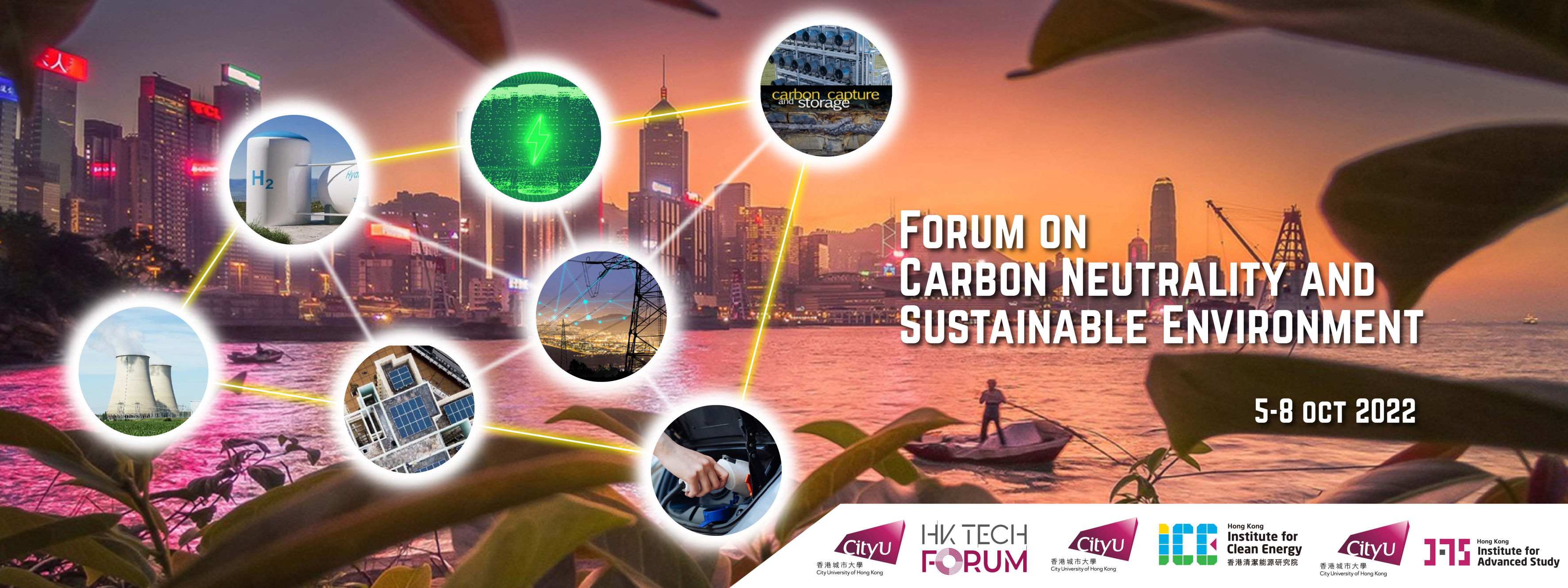Keynote Speaker
Biography
David Y. H. Pui is a Regents Professor and LM Fingerson/TSI Inc. Chair in Mechanical Engineering at the University of Minnesota. He is a Member of the U.S. National Academy of Engineering (NAE) and the Director of the world-renowned Particle Technology Laboratory at the University of Minnesota. He is also the Director of the Center for Filtration Research (CFR) consisting of 20 leading international filtration manufacturers and end users. Dr. Pui has a broad range of research experience in aerosol and nanoparticle engineering and filtration technology and has over 350 journal papers and 40 patents. He has developed several widely used commercial aerosol instruments for PM2.5 measurements. His recent interest involves developing green technologies for mitigating vehicle emissions, and for urban air cleaning using the Solar Assisted Large Scale Cleaning System (SALSCS). Dr. Pui has received many awards, including the Max Planck Research Award (1993), the Humboldt Research Award for Senior U.S. Scientists (2000), the Fuchs Memorial Award (2010) -- the highest disciplinary award conferred jointly by the American, German and Japanese Aerosol Associations. He served as President of the American Association for Aerosol Research (2000-2001), and President of the International Aerosol Research Assembly (2006-2010) consisting of 16 member associations from around the world.
Technologies for Air Pollution Control and CO2 Mitigation for
Sustainable Environment
David Y. H. PUI
Abstract
We are developing green technologies to benefit sustainable environment, which will enable people and the environment to prosper together. The Center for Filtration Research (CFR) at the University of Minnesota, collaborating with 20 leading international filtration manufacturers and end users, was established to find filtration solutions to mitigate PM2.5 and other environmental pollutants. CFR investigators perform fundamental and applied research on air, gas and liquid filtration. There are more than 15 on-going research projects performed at CFR. I will select 6 projects to demonstrate the scope of the research topics: 1. Reduction of aerosol concentration in classrooms under various HVAC conditions to prevent virus transmissions; 2. Filtration performance improvement using beaded nanofiber; 3. Ozone removal using Zeolite catalysts; 4. Saliva evaporation experiment at low pressure environment; 5. Development of a microsensor for real-time detection of bioaerosols and particles in bulk liquids and aerosols; 6. Temperature resistant nano-scale membrane for enhanced ceramic wall-flow filter performance.
Large scale air cleaning towers are established in Xi’an and Yancheng in China, and two additional towers in Delhi, India. They are developed to mitigate PM2.5 pollutants in urban air. The second-generation tower in Yancheng is developed to reduce not only the PM2.5 but also CO2 in the atmosphere. All these research and development activities are helping to improve sustainable environment.

Figure 1: Three generations of air cleaning towers for urban pollution control and CO2 mitigation.
References
[1] D.Y.H. Pui, S.C. Chen and Z. Zuo, “PM2.5 in China: Measurements, sources, visibility, health effects, and mitigation”, Particuology, 13:1-26 (2014)

